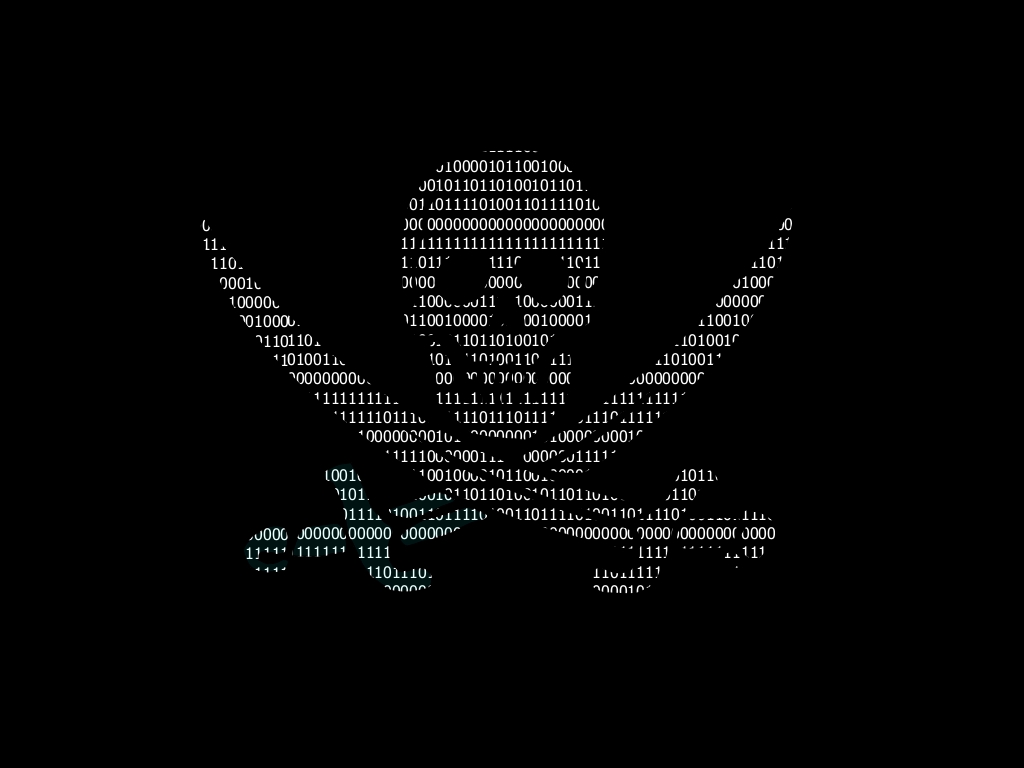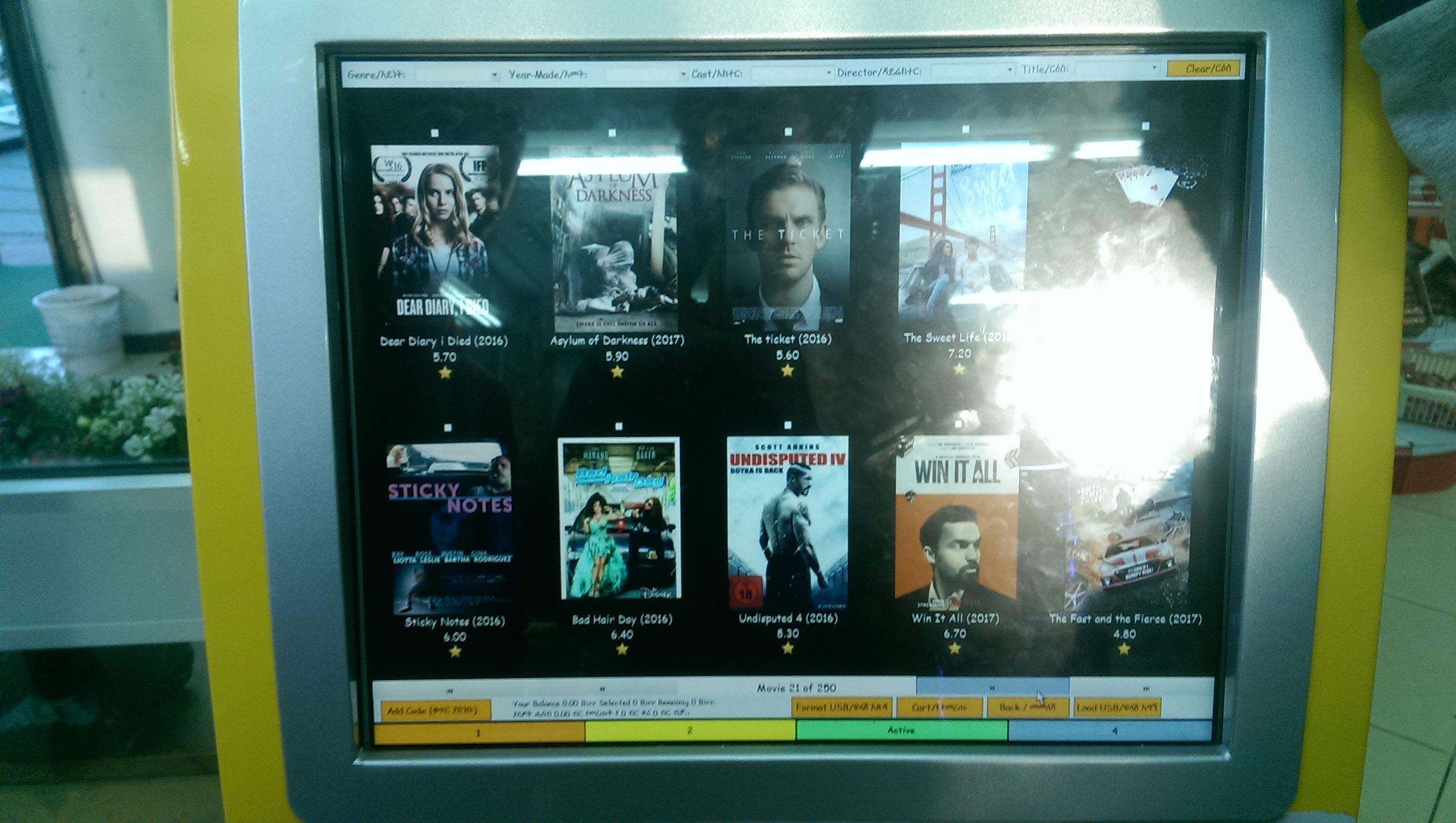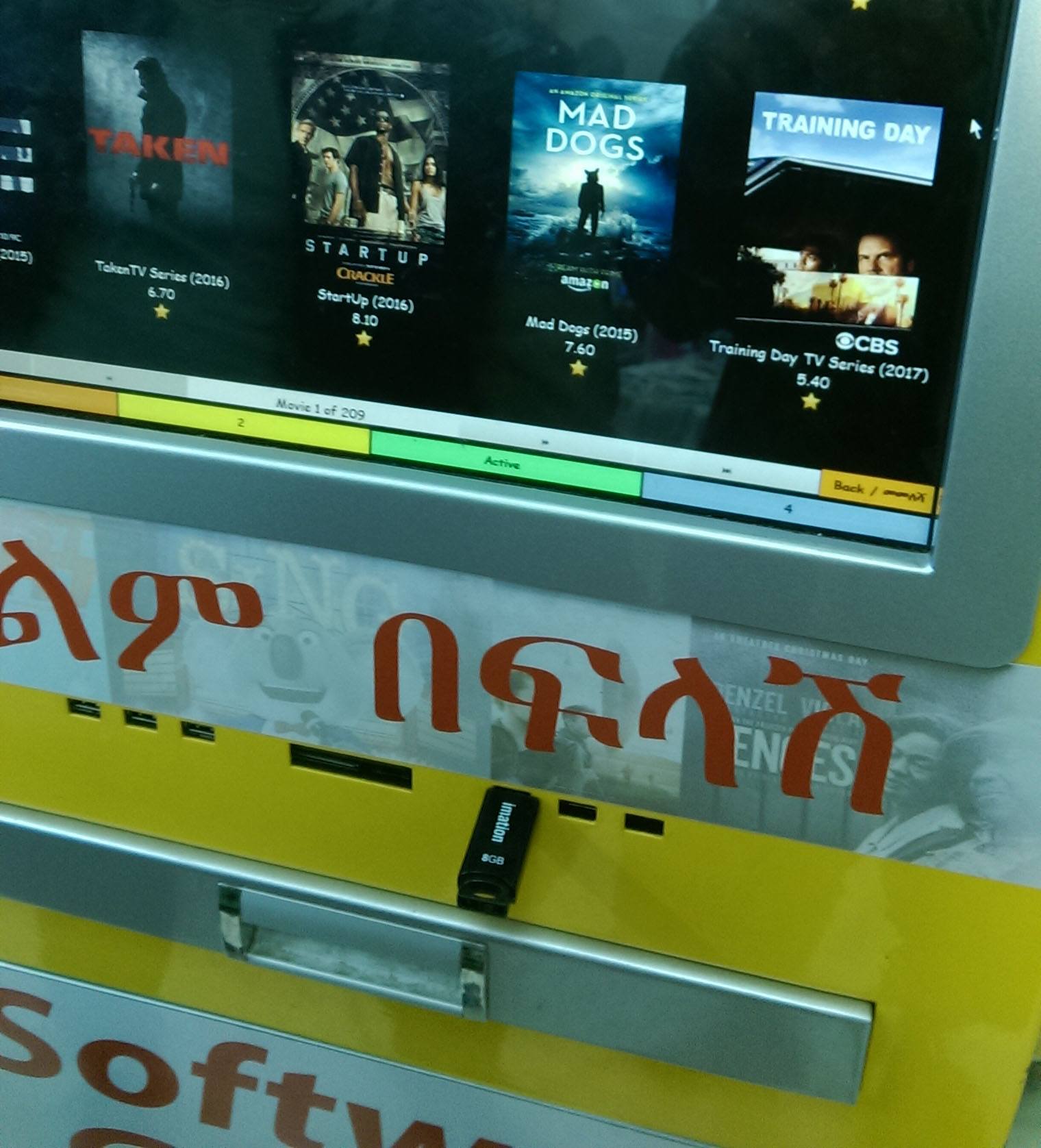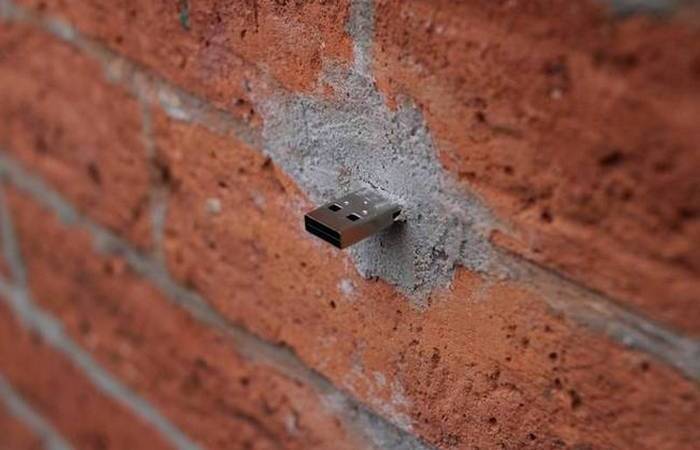In Ethiopia, pirated films are distributed through terminals

All over the world, copyright holders are fighting those who they believe violate copyright laws. Most of all recording studios and film industry in Europe and the United States. A little weaker - in the CIS countries, although here the right holders declare themselves louder and louder. As a result, licensing agreements with them even conclude resources that occupy the top lines in the rating of "pirated" sites, compiled by the US government.
But there are still countries where no one watches the distribution of any type of content. This, for example, Ethiopia. Everything is so simple here that Hollywood films are distributed (of course, illegally) with the help of special devices that look like mobile payment terminals. Everything is simple - I connected a flash drive, chose the movie I liked, paid for it, got the movie. No internet is needed.
Generally speaking, films are bought on discs too, although less so than before. But in Ethiopia cost flash drives. One of the machines described above was noted by a reader of the Torrentfreak resource at the All Mart shopping center (similar to Walmart) in Ethiopia. Initially, he decided that it was an unusual ATM or a payment terminal for some services, such as topping up an account. Everything turned out to be more interesting, since the only purpose of the terminal is to record films for money.
')

The device is called SwiftMedia, and next to it there is an operator who helps to serve customers. As soon as the flash drive is inserted into the slot, the kiosk screen shows a list of movies that can be downloaded. There are really a lot of films - for every taste and color.

Needless to say, this is unlicensed content. The creators of SwiftMedia have probably heard about copyright holders and the copyright law in general, but no more - in Ethiopia the copyright law can not be afraid.

Prices for this service are low. You can get a movie for a small amount from $ 1 to $ 3 (this is a whole package). Movies are rated differently. New ones are less expensive (maybe because the quality of pirated copies leaves much to be desired). Those that came out earlier are more expensive. Cheaper documentaries and TV shows. Their price is about 13 cents.
As far as you can understand, the operator who maintains the machine, downloads movies from torrents all day long, sending files to the device's memory immediately, after which they become available for download by buyers. The owner of a network of such machines is Escape Computing . Her Facebook account offers a job for those who love movies and are connected to IT.

Responsibilities are not said to be too complex. It is necessary to add content and wipe the device itself from 10 am to 3 pm, or from 3 days to 10 pm. The operator must also give recommendations to customers. But, as we see, the requirements for potential employees are quite high. Here is a diploma in IT, and at least one and a half years of work in sales (preferably), plus experience in solving various technical problems related to computers.
The vacancy itself was posted a year ago, so automatic machines did not appear now, but a year ago or even earlier. The company's office is located in Addis Ababa, the capital and largest city of Ethiopia. The company places the machines in various cities of this country, although it is difficult to understand how profitable it is. Representatives of Escape Computing have not yet answered questions about their work.
Centralized distribution of content using flash drives is not a new idea. For example, several years ago, one of the representatives of contemporary art placed such information storage devices in the walls of buildings and other objects, embedded them in brick or concrete. The flash drive was placed in such a way that a connector was peeking out of the wall, to which you can connect a laptop or other device. Initially, only readme.txt file was recorded on the media, where the essence of the project was explained. Anyone could write to any such flash drive any content by sharing it with others. According to the author of the project, such flash drives should serve as a means of disseminating information of the most different kinds.

Aram Bartol, the author of the project, traveled the world, distributing his flash drives in Europe, the USA, on the islands of the Pacific Ocean, in Russia and China. Probably, if you wish, you can also record a movie on such a flash drive - it is unlikely that the right holders will get to the media placed in this way. But to put the distribution of pirated copies of films on a commercial basis, and even with the help of terminals - until then they only thought of it in Ethiopia. Although this idea may well be adopted by other entrepreneurs who work in countries where the law on copyright is not observed very carefully.
Source: https://habr.com/ru/post/403571/
All Articles